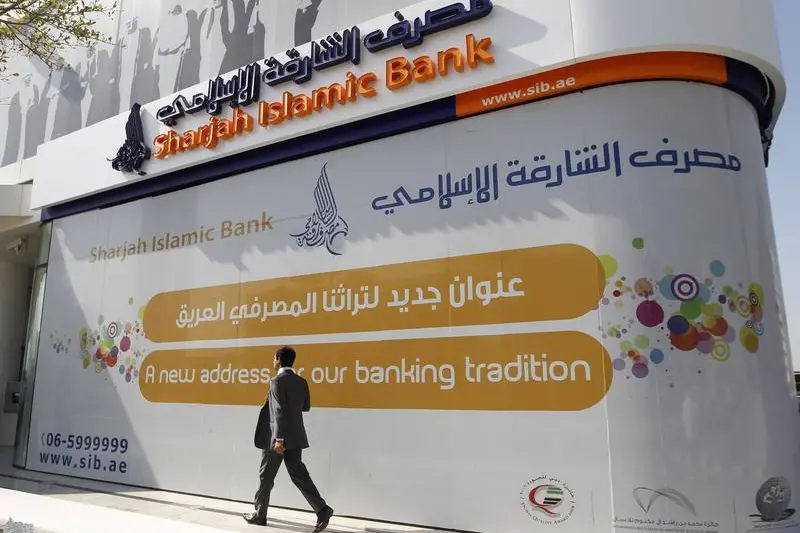PHOTO
UAE - Sharjah Islamic Bank (SIB) will focus more on infrastructure project financing and also increase exposure to construction, manufacturing, trading and services sectors, its deputy CEO said.
"SIB will continue to be the main bank for the Government of Sharjah and we are looking to participate in most of the mega infrastructure projects in the emirate. In addition, we will continue to participate in any future financing opportunity for either the federal government or any other local government," said Ahmed Saad Ibrahim.
According to SIB's customer financing portfolio, government exposure represents almost one-third, while corporate and retail share the remaining two-thirds equally.
According to Ibrahim, the Shariah-compliant bank will increase its exposure to large corporate and small and medium enterprises (SMEs) in construction, manufacturing, trading and services sectors.
The Shariah-compliant bank recently issued Dh266 million convertible sukuk, which will increase its equity and capital adequacy ratio by more than 100bps to reach above 21 per cent.
By completing this transaction, the government's shareholding increased from 31.3 per cent to reach 37.6 per cent, he said.
Ibrahim doesn't expect the lender to issue any new capital instruments this year and rather will continue to diversify its funding through issuance of senior sukuk, syndications and increase customer deposits.
Replying to a query about passing on value-added tax (VAT) to consumers, Ibrahim said SIB has no plan to increase its fees due to VAT.
He ruled out any merger talks now, saying the bank is not involved in merger talks.
The bank's 2017 profits rose to Dh478 million as compared to Dh263 million in the previous year.
Liquidity to tighten in H2
SIB deputy CEO sees the rise in interest rates will continue this year.
"One significant factor that may influence the pace of interest rate rise is the market liquidity which is expected to get tighter by the second half of 2018. Global central banks by virtue of their policy statements are preparing the market for scaling down of their monetary easing measures and a clear timeframe to achieve this may be announced soon.
"On the other hand, IMF in its recent world economic outlook report has projected a global GDP growth of 3.9 per cent for the year 2018, which affirms the strong economic outlook that will boost the requirement for funds. This demand for liquidity on the back of economic growth, along with the supply constraints due to cutting down the monetary easing measures, will push the interest rates higher," Ibrahim added.
The US Fed in its policy review is projecting a rate hike of about 75 bps by the end of 2018. Any policy action from US fed has been promptly passed on to the domestic markets to the same extent by UAE central bank through its repo rate increases.
"One can expect the continuation of such a policy action from UAE central bank until the market rate reaches a level that is deemed appropriate for UAE. In all fairness this normalisation level may be seen by the end of 2019, unless there is some geo-political risk that can play spoilsport. Domestic banks are likely to have a direct impact as their cost of funds will increase and this will have an immediate effect on the margins, while the benefit from the Asset (financing) side will be with a lag effect, if they are not hedged adequately," he concluded.
Copyright © 2018 Khaleej Times. All Rights Reserved. Provided by SyndiGate Media Inc. (Syndigate.info).





















